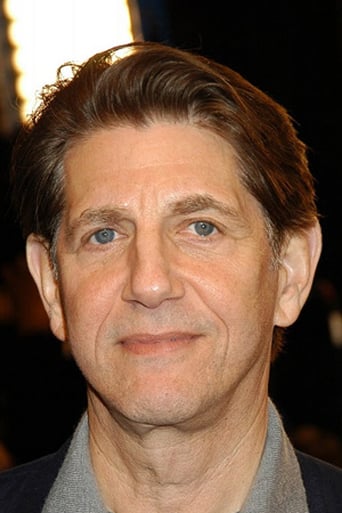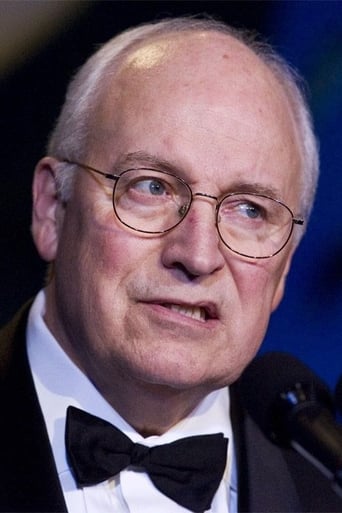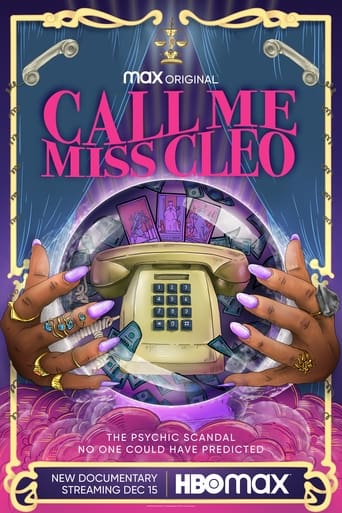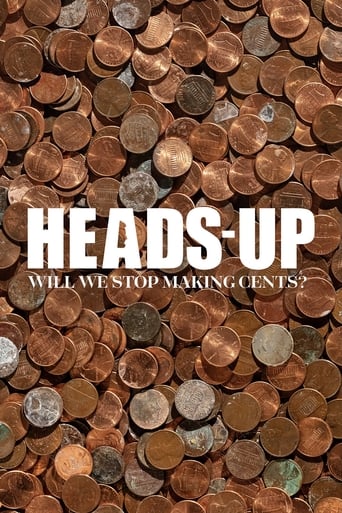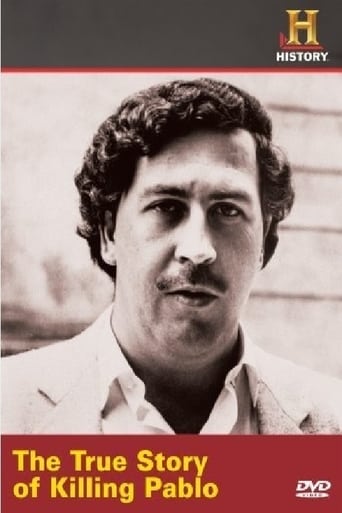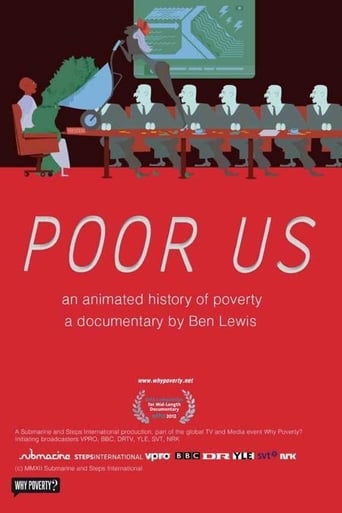

Enron: The Smartest Guys in the Room (2005)
A documentary about the Enron corporation, its faulty and corrupt business practices, and how they led to its fall.
Watch Trailer
Cast


Similar titles
Reviews
"Enron: The Smartest Guys in the Room" is a highly informative and detailed example of how corrupt a business can become when it is not being regulated or watched over. Although the film is lengthy (and at times tedious), it covered large subject areas effectively. The way the film ends is slightly vague and some of the diction and terminology used was difficult for me to understand personally, which could be because I have never taken an economics class or any variation of such before but still. I learned a lot from the film and, if the films purpose is to inform and not so much entertain, then I consider it to be well put together.
In 2001, the massive Enron company goes bankrupt leading to a criminal scandal. Kenneth Lay founded the company in 1985 amidst Texas deregulation implemented by the Bushes. There are questionable schemes. There are massive gambling that led to hidden losses. Jeffrey Skilling uses murky accounting practices to pump up the numbers. Executive Lou Pai uses company money for his stripper habit and leaves with $250 million. They game California's deregulated electricity market with some disgusting comments. CFO Andrew Fastow deliberately hides the increasing debt with shell companies. It all collapses in a massive loss. This is in-depth and shows the ugliness of greed. I wouldn't even call it corruption since that seems to be what they intend to do. It is almost inevitable. It is in reality a criminal organization. Whatever small amount of high-minded capitalist ideals of deregulation is quickly lost with the need and greed for money.
I had to watch this movie for extra credit in one of my classes and it was well worth it. This is a well crafted documentary that will keep most viewers attention, especially if you like documentaries. When it came down to it this movie was basically about greed and how it can lead to downfall. One of the biggest company in the past went bankrupt in just 24 days because the higher ups fell so hard because there motives was all about making money. The movie shows when it comes to money how people can change even if there motives start out good. That is why a company that went from 10 billion to around 60 billion dollars worth ended up going bankrupt. The big question I had a lot when it came to people talking about Enron was. Who is responsible for the downfall of Enron and this documentary did a pretty good job of explaining that. Another thing that makes this documentary understandable and even relatable to some viewers is how it gives vivid and relevant examples. Gas is still very important in our society and it even showed how natural gas in the stock market and be corrupted. But what really got my attention was how the so called the smartest guys in the room made some dumb mistakes and decisions because of greed despite how much they had. Overall this is a good documentary that is worth seeing, especially for those who are planning to enter the business world.7.8/10
William Muir, an animal breeder at Purdue University, once conducted an experiment in which hens were selected for egg productivity using two different selection methods. The first method involved selecting the most productive hens from different cages to breed the next generation of hens, whilst the second method involved selecting the most productive cages and using all the hens within those cages for breeding.At first glance it may seem as though the first method should prove more efficient. After all, eggs are produced by individual hens, so why not directly select the best? Why select at the group level, when even the best groups may have some individual duds? The results, though, told a completely different story. The first method caused egg productivity to sharply decline, even though the most productive hens were chosen each at every generation. The second method, in contrast, caused egg productivity to increase 160 percent in six generations, an astonishing response as artificial selection experiments go.What happened? In short, the first method favoured the nastiest hens who achieved their productivity by suppressing the productivity of other hens. After six generations, Muir had produced a nation of psychopath chickens, who plucked and murdered each other with their greedy, incessant attacks. In other words, traits that are "for the good of the group" are not always locally advantageous within the group and require a process of group-level selection to evolve.It's the same story in "Enron: The Smartest Guys In The Room", a documentary about a nest of continuously promoted corporate psychopaths who fiscally rape shareholders and competitors, before their hatchery completely self-destructs. Unfortunately, like most of these stories, "The Smartest Guys In The Room" never pushes beyond CEOs, managers and complicit middle men (though they are deservedly attacked) to point fingers at what are really systemic problems.In a book titled "Systemantics", John Gall describes the nature of systems, and how they often eventually become living, breathing entities. Not only do they develop a sort of collective consciousness (or intelligence network), but they also develop the desire for growth, and mechanisms of self-preservation. Of course a system can take many forms (a country, an organisation, a religion etc), but in each case they house similar methods of self-preservation. In the case of a country, Patriotism is the mechanism of self-preservation. In an organisation, it is allegiance to a cause. In a religion, it is faith. In all cases, the adherents are bound within a collective organisational consciousness.Eventually the ego-like qualities of this organisational consciousness cause each system to lust for even greater power. Greater power in turn requires more personnel, which requires even larger budgets, which in turn leads to a never ending spiral of growth. To justify this growth, these systems have no choice but to abandon the original purpose for which they were created. Thus, a moderate original goal must be replaced with a lofty objective embalmed in complex terminology that is designed to sound virtuous (in Enron's case, betting on off shore oil to keep shareholders happy). The elimination of evil, anarchy, crime, and war are just some buzzwords used to cover a drive for acquiring or maintaining power. In all cases, the objective requires growth.This documentary damns Enron, but government bureaucracies play Enron's game as well. In the case of countries (today, of the largest 100 economies on the planet, 51 are corporations and not countries), the lack of profits which would keep a private company in check does not serve as a restriction for a system that can extract taxes as needed from a captive regional or global population. Even if commercial activity declines as a result of excessive taxation, the tax supported systems continue to grow (and often currencies are then expanded worldwide in a global competition of debasement). And as taxes increase, so too must patriotism by a corresponding amount to avoid insurrection. In some cases, the practical justification for a tax supported system disappears all together, leaving behind nothing but the naked lust for power. With its own language, its own culture, and its own survival mechanisms, the system then feels that complete domination is the only objective worthy of its inflated sense of Self. End result: the world falls under the control of tax supported psycho chickens who have the strength, and the motive, to rob almost every person on the planet...until they don't, and we laugh at them with documentaries like this.8/10 - Worth one viewing.


